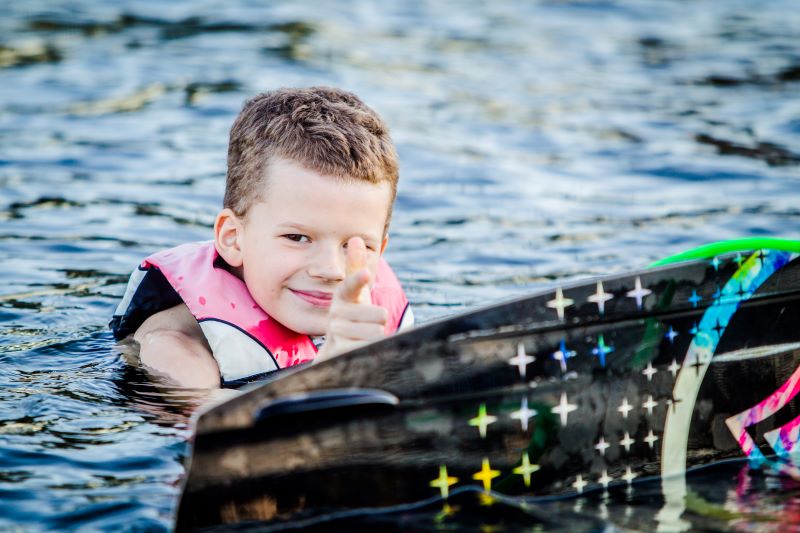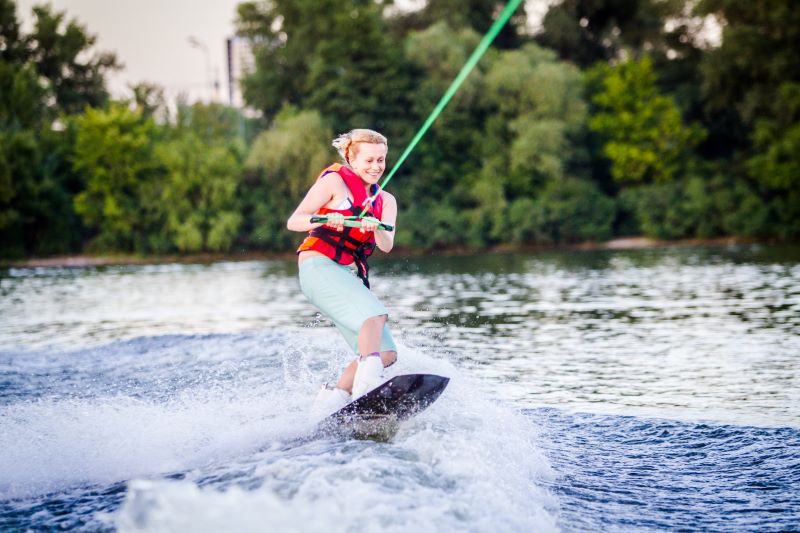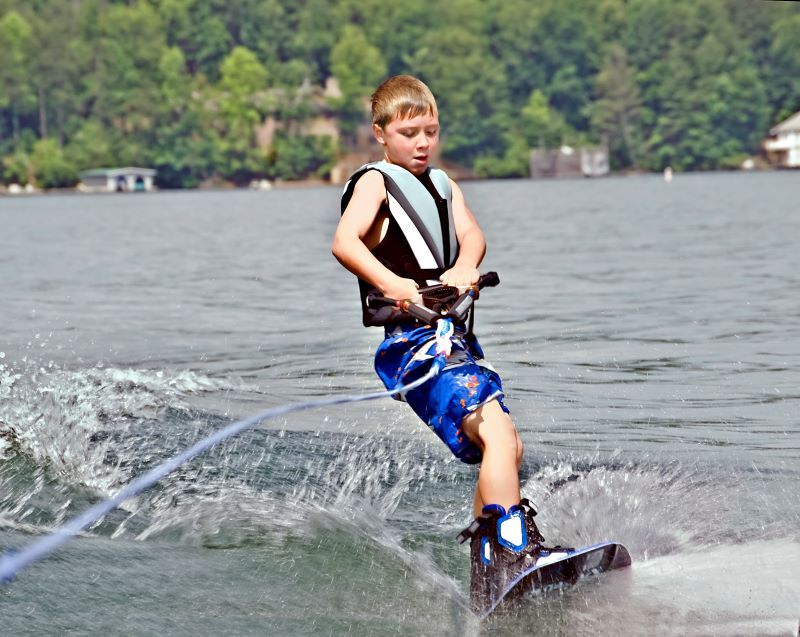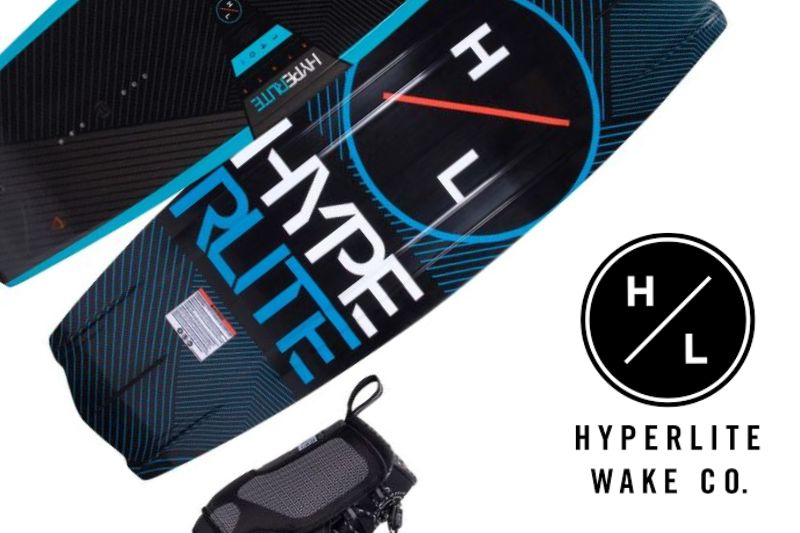Teach Kids to Wakeboard Safely
Start learning with the right foundations and your kids will have the confidence to progress in no time
Wakeboarding is a fun sport for people of all ages – including kids! You don’t have to be an adult to learn how to wakeboard. Wakeboarding can be safe and fun for kids of all ages, provided some important safety rules are followed.
If you have a kid who is eager to learn how to wakeboard, but you are feeling nervous about letting them get out on the water, we’re here to give you some tips and tricks that will help you teach kids to wakeboard safely. Teaching kids to wakeboard safely isn’t hard. All you need is some safety rules and some tricks that will help your child to understand what they need to do to master the sport.
What age can you teach kids to wakeboard?
How to teach your kid to wakeboard
Teaching kids to wakeboard is similar to teaching adults how to wakeboard, except for a few differences. Those differences mostly lie in how you present aspects of the technique, in a way that kids can understand.

Start on land
The best way to teach kids to wakeboard is to start them out on land. This takes a lot of the fear out of being on a board by simulating how a boat will pull them up. To do this, have your child sit on a flat surface with feet shoulder-width apart, and bend their knees and point their toes upward. Have them hold onto a rope while you pull on the other end.
Once your child’s bottom has slid to their ankles, have them stand up and twist one hip towards you, holding the rope near the forward hip. Practice this until your child is comfortable with the action of standing up.
Practice in the water
The next step to teach kids to wakeboard is to put them in water. The best way to do this is in a pool where they already feel comfortable. Help them strap on their board and see how it feels to stand with it.
Lower your child into the pool, and have them swim around with the board attached to get comfortable with it. Encourage them that they won’t sink and that they’ll be able to keep their head up above water.
Teach your child how to flip over in the water by raising one hand up high in the air so their upper body rolls over first. You may need to help them with this at first.
Next, do the same action that you did on land in the water. Have them practice standing up in the water. A good visualization for when to stand up is waiting till their shorts are above the water.
Once they’re comfortable on land, take them to the water. Help your child to strap on their board while they’re sitting on the transom of the boat before helping them into the water. This is best done with the motor off.

Take it easy with the boat
When you’re teaching a kid to wakeboard, make sure whoever is driving the boat takes it easy to ensure your child has a pleasant experience. The towing speed for wakeboarding is especially important when someone is learning. The best place to start is in smooth, flat water where there isn’t much boat traffic and you won’t need to take too many turns.
Make sure the driver starts the throttle slowly for a smooth start, and only increase speed in small increments. 10 mph or less is a good starting speed when you teach kids to wakeboard.
Always have a spotter
Have the right equipment
The key to success in teaching kids to wakeboard is to have the right equipment. Make sure your child has equipment suitable to their age. This includes a board that fits their weight, bindings that fit their shoe size, and a rope that’s a little shorter. A good rope length for kids is 65 feet or shorter, instead of the usual 50-70 feet rope more advanced riders use. Most importantly, don’t forget life jackets!
Be patient
This applies both to you and your small rider. Wakeboarding takes time to learn, especially for children, and it’s important that they know that. Be patient and encouraging and let them know that it will take time, but they’ll get it in the end. If they fall or make mistakes let them know that it’s all right and encourage them to try again. If one session isn’t going well, take a break and go for a swim instead.






